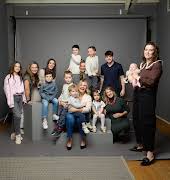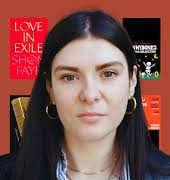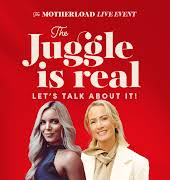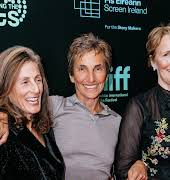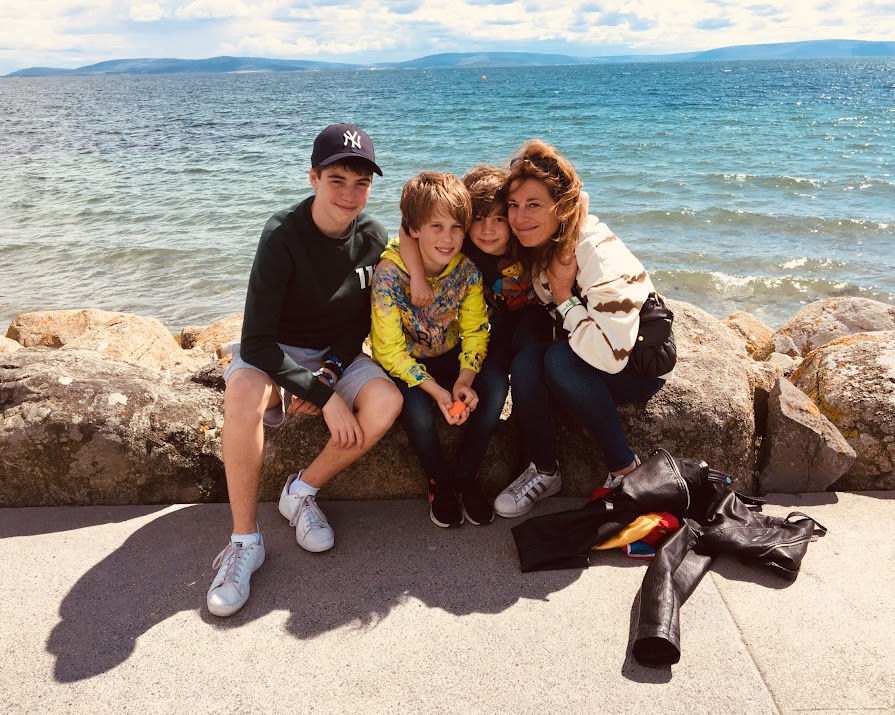
By IMAGE
06th Mar 2020
06th Mar 2020
It’s been two years since Venetia Quick‘s husband Martin died suddenly, leaving her to grieve and comfort their three young children. Here, she shares the things she’s discovered to help her through.
There is no template or rulebook when it comes to managing your grief or helping your kids through the grieving process. It’s a day-to-day reality that you can only take one step at a time. As it continues, you learn that it’s all about baby steps, allowing yourself to let it all out when it hits you, accepting that it’s totally normal to feel okay one minute, and uncontrollably bereft the next. You’ve got to figure out your own way to navigate the loss and to be gentle to yourself.
Related: Bob Geldof’s words on the ‘infinite, ever-present’ stages of grief are important
Starting the Grief Encounters podcast with Sasha Hamrogue and producer Ian Doyle has proved incredibly therapeutic for me in this process. Listening to other people’s stories of loss and survival has helped me know I am not alone, and that there is hope. Hearing guests such as Colette Byrne, founder of Widow.ie, and campaigner Stephen Teap’s accounts of how their kids are managing without their other parent in their lives has helped me to know that how my kids are processing the loss of their dad is entirely normal. In the last year, I’ve taken up running – an hour to myself several times a week, headphones in, which gives me space to think about my own grief, and for a short time, ignore the world. It also ensures I get that one thing that’s invaluable at this time – sleep.

Venetia Quick is co-presenter of Mornings with Liam Coburn and Venetia Quickon Dublin’s Q102 and co-presenter of the Grief Encounters podcast.
Portrait by Isabelle Coyle.

To read the full feature pick up your copy of IMAGE Volume 2 March/April issue on sale now.
Read more: This low-maintenance hairstyle is taking Paris Fashion Week by storm
Read more: 7 thoughts I had while following Prince William and Kate Middleton around Ireland for 2 days
Read more: The 3 Irish novels you need to read from the Women’s Prize for Fiction longlist



